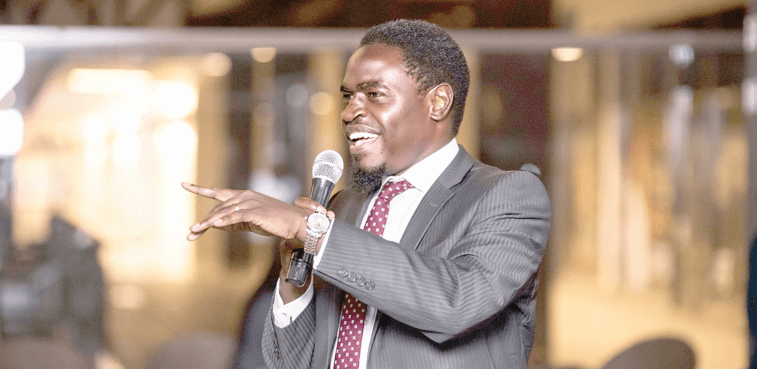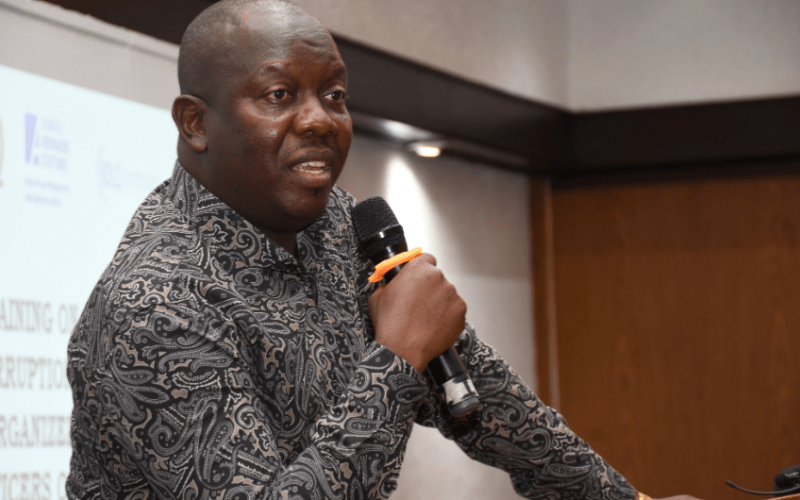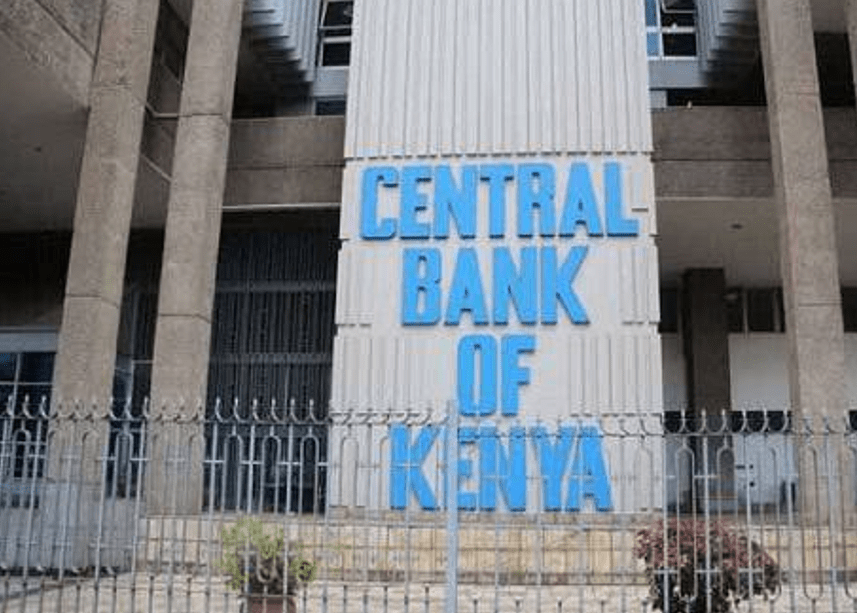Nelson Havi: DIG Lagat should be arrested and charged ahead of interdicted officers

Former Law Society of Kenya (LSK) President Nelson Havi has called for the immediate arrest and prosecution of Deputy Inspector General of Police Eliud Lagat over the death of teacher and blogger Albert Omondi Ojwang.
Havi believes that taking action against Lagat, who was revealed as a complainant against Ojwang, will set a critical precedent in the pursuit of justice and accountability within the police service.
Speaking during a morning show on a local radio station on Wednesday, June 11, 2025, Havi emphasised that DIG Lagat should be the first person to face arrest and charges in relation to the death.

He argued that once Lagat is held accountable as the principal offender, the chain of events leading to the death will begin to unfold more transparently. According to Havi, junior officers who have already been interdicted are unlikely to speak out unless their superior is also in custody.
“Once Lagat is charged as the principal offender, everything else will fall into place. A murder of this magnitude could not have been executed by a single individual. Naturally, those of lower rank involved will be more willing to speak the truth if Lagat is in custody,” Havi says.
He stressed that the continued freedom of Lagat hampers the investigation, as lower-ranking officers may fear repercussions if they reveal what transpired. Havi maintained that arresting Lagat would pave the way for full disclosure from those involved, ultimately allowing the truth to come to light.
Havi’s plea to DPP
The lawyer urged the Office of the Director of Public Prosecutions (ODPP) to act without delay, stating that the arrest should have already taken place. He criticised what he termed as procrastination by the DPP and insisted that no one, including Langat, is above the law.

“The DPP must stop procrastinating. If he cannot do the job, he should leave the office. DIG Langat should already be in court – not today, but yesterday.” Havi said.
Havi further noted that should the DPP fail to act, Kenyans have the residual constitutional power to demand and pursue justice themselves, including initiating the arrest of public officers who are suspected of serious crimes.
He concluded by stating that the handling of DIG Langat’s case will be the ultimate test for the DPP’s tenure. In his view, a firm and timely decision will not only signal a turning point in this particular case but also serve as a broader statement on police accountability and justice in Kenya.
“This will be the biggest test the Director of Public Prosecutions now faces—prosecuting the Deputy Inspector General of the National Police. If he gets it right, it will set the country on the right path,” he concluded.














